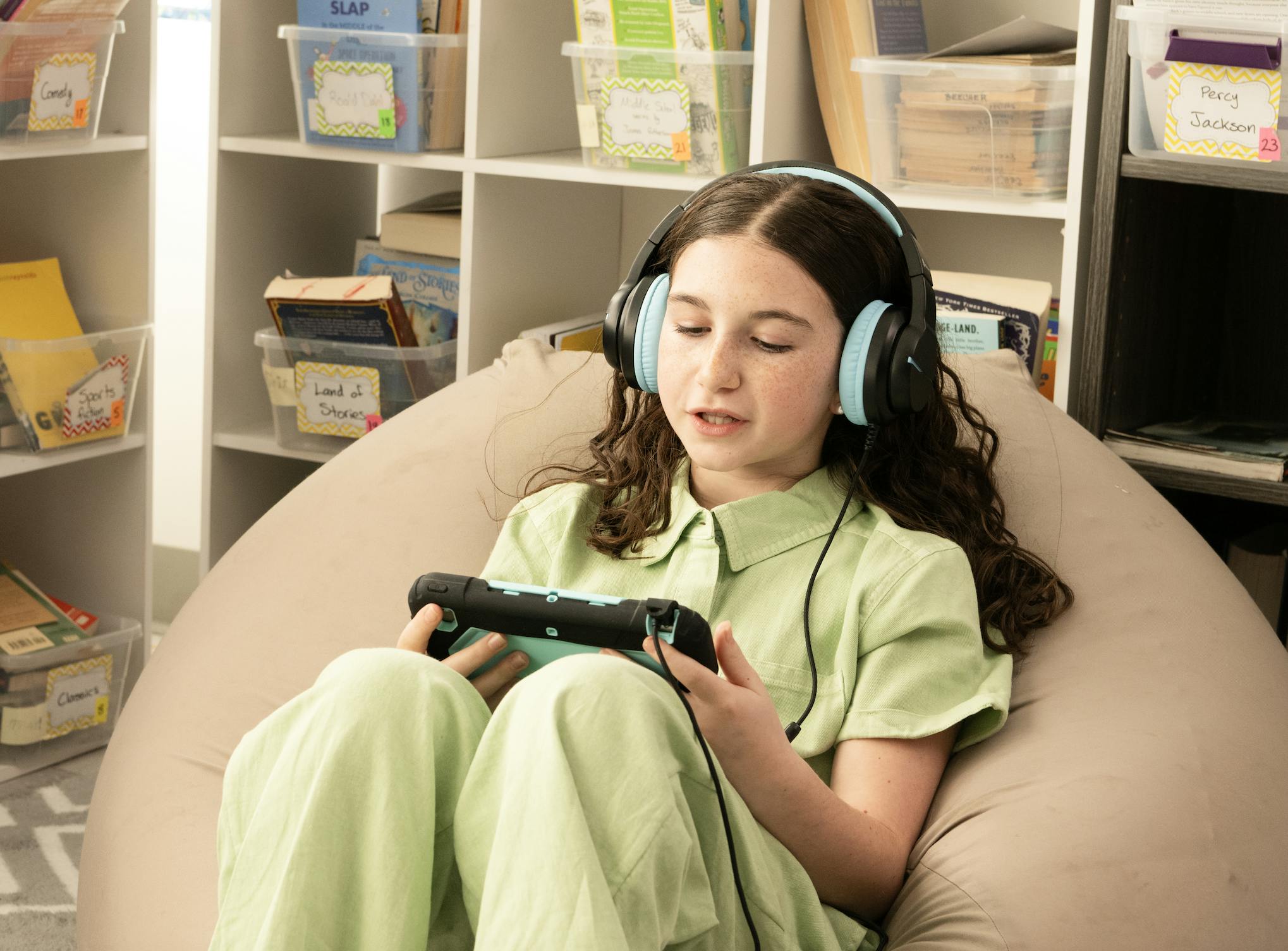April 26, 2025
Teens Aren't Reading (But We Can Help)

A 2023-2024 survey conducted by Gallup and the Walton Family Foundation, which included over 4,000 Gen Z participants between 12 and 27 years of age, found that 49% of this generation feels totally unprepared for the future. Their teachers agree. High school through college-level educators have noticed an increase in students struggling with initiative, communication, problem-solving, and resilience. Jean M. Twenge, a Professor of Psychology at San Diego State University, says teens are just as intelligent as they’ve ever been– they’re just not reading as much as they used to (American Psychological Association).
“There's no lack of intelligence among young people, but they do have less experience focusing for longer periods of time and reading long-form text, “ Twenge says. “Think about how difficult it must be to read even five pages of an 800-page college textbook when you've been used to spending most of your time switching between one digital activity and another in a matter of seconds. It really highlights the challenges students and faculty both face in the current era.”
In an analysis of the media use of American adolescents between 1976 and 2016, Twenge, Martin, and Spitzberg (2018) identified that with the rise of social media, digital communication, and video streaming, engagement with long-form text has plummeted. In the late 1970s, 60% of American 12th graders reported they read a book or magazine daily. By 2016, that number was 16%. Nicholas Dames, a Literature Humanities professor at Columbia University, reports that for the first time in his career, he has students who were never expected to read an entire book in high school. When confronted with the amount of reading required at the college level, they are (understandably) overwhelmed (The Atlantic).
According to that same Gallup and Walton Family Foundation survey, there was a direct correlation between the 51% of students who did feel prepared for their future and how engaged they were in school, but that number is unstable. Almost every measure of engagement in academia dropped between 2023 and 2024. Gen Zers attributed this decline to school assignments that no longer feel relevant, disassociation between education and career options, and stress about failing to meet academic expectations.
While the situation feels dire, the solution isn’t out of reach. “Gen Zers are giving us the roadmap for success. [They want] stronger student-teacher bonds, more relevant learning experiences and greater exposure to career opportunities. The more we can do to realize their vision for K-12 education, the better our system will be,” reports Walton Family Foundation Education Program Director Romy Drucker. Students are asking for academic content that reflects the world they are currently living in. They need independence and agency in their learning, and they need to be reading.
Caregivers can help at home by modeling engagement with reading, intentionally discussing news, articles, books and current events with teenagers, and taking them to bookstores and the library. Teachers should encourage more opportunities for students to choose what they read, allow them time to engage with books independently, and hold sustained class conversations about literature (Education Hub). With the right tools, all this is possible. Learn more about building a culture of reading at home and in the classroom at Rally Reader.
Additional Reference:
Twenge, J., Martin, G., & Spitzberg, B. (2018). Trends in U.S. adolescents’ media use, 1976–2016: The rise of digital media, the decline of TV, and the (near) demise of print.Psychology of Popular Media Culture. https://doi.org/10.1037/ppm0000203